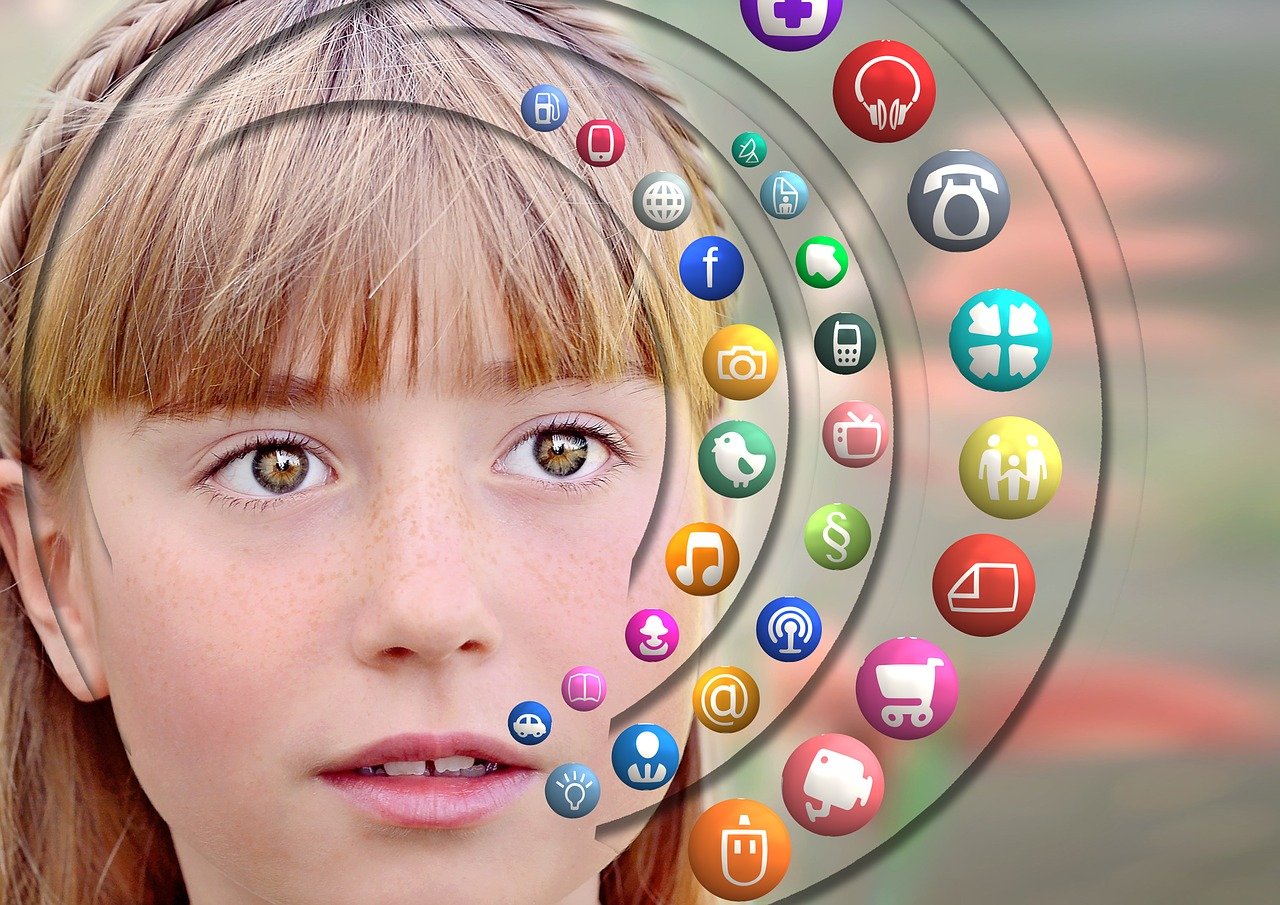Selfie-Made Youth
How Social Media Became the Judge of a Generation
Teenagers have always cared about how they are seen. But today’s adolescents are growing up in a world where self-worth is no longer shaped by school reports, real achievements, or the opinion of a trusted few. Instead, it is quantified by likes, shares and followers — a public scoreboard of social acceptance that updates by the minute.
Social media has turned identity into performance. A teenager posts a photo and waits, not for thoughtful feedback, but for a digital verdict. Every like triggers a spike of dopamine; every silence, a small sting. These tiny rewards and rejections shape behaviour more powerfully than any teacher’s comment ever could.
In this new landscape, narcissistic behaviours — constant self-presentation, craving admiration, obsessing over appearance — aren’t pathologies. They are adaptations. When visibility is rewarded, young people learn to curate themselves: perfect angles, filtered faces, cleverly crafted captions. The Real Self retreats; the Ideal Self takes the stage.
Before the rise of social media, validation was tied to effort. You studied hard, played an instrument, trained for a sport, built relationships, earned trust. Achievement was slow and internal. Now validation is instant, external, and dangerously addictive. You don’t need talent to gain approval — you need attention.
This shift matters. It creates a fragile form of self-esteem that depends on the crowd. When a post performs poorly, a young person can feel as though they have failed. When others seem happier, prettier, more successful, comparison becomes relentless. And when every moment is curated, authenticity becomes an act of courage.
The point is not that social media is inherently harmful. It’s that we’ve allowed it to replace the traditional pillars that grounded young people in reality: competence, character, community. A generation is growing up in front of the digital mirror, seeking affirmation from an audience that may not even know them.
If we want adolescents to flourish, we must help them look beyond the screen — to value what they do, not just what they show. Because the most important “likes” are still earned offline, through real connections, real achievements, and a sense of self that doesn’t depend on the swipe of a stranger’s thumb.
Image by Gerd Altmann from Pixabay



